For what it’s worth, I’m a passionate fan of Cord Jefferson’s American Fiction (or at least the first half) and Jeffrey Wright’s lead performance in particular. I’m surprised it hasn’t attracted more praise.
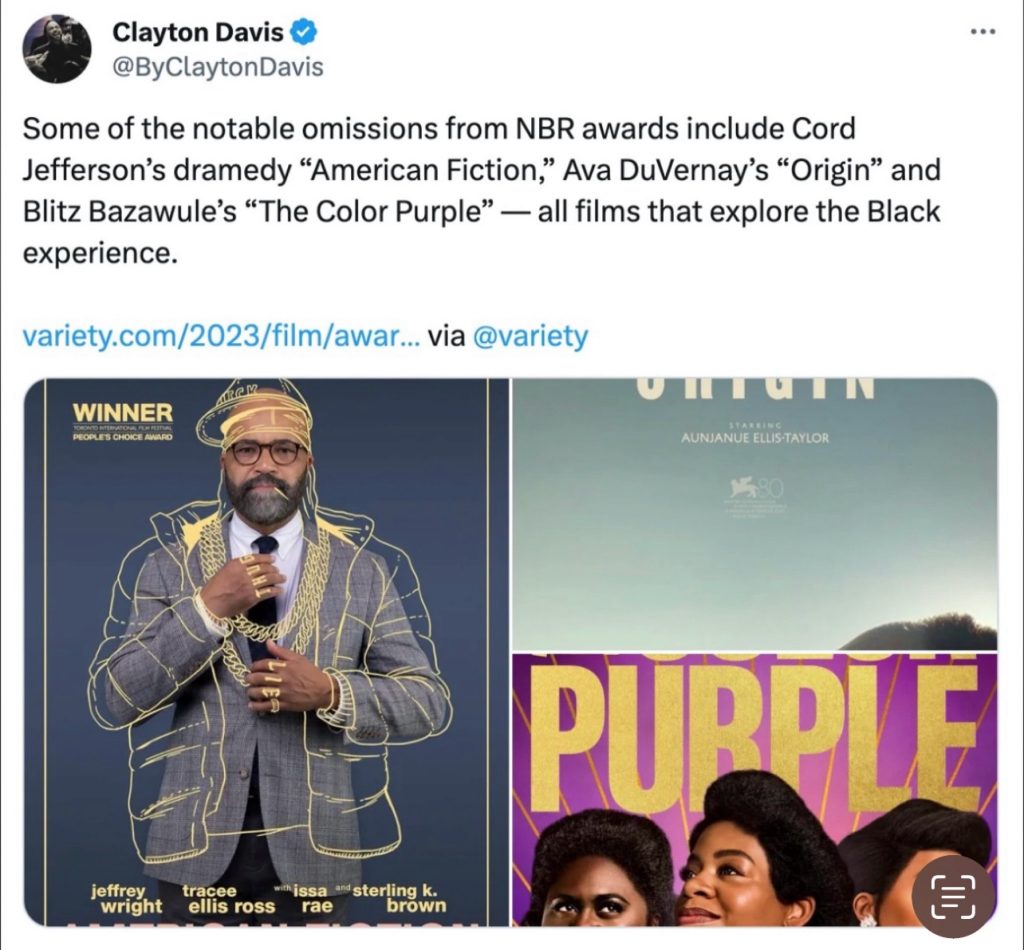
What can I add in the way of commentary to the overwhelming terra cotta color scheme? Nothing. George Miller returns to the Australian wasteland…bingo. The dust, the dust…wash rinse repeat. Opening worldwide on 5.24.24, probably debuting in Canb=nes.
Many online lyric pages state that the chorus of the Rolling Stones‘ Honky Tonk Women” (’69)
reads as follows: “It’s the honky tonk women / Gimme, gimme, gimme the honky tonk blues.”
What you’re almost hearing, however, is different. You’re almost hearing Honky Tonk Women” (’69) as follows: “It’s the hahhnn-aww-hahun-hawwwn-ky tonk women…gimme, gimme, gimme the honky tonk blues.”
I’m seen the Stones live a few times and that’s what they sing, all right. Excerpt they don’t sing these words on the original single. They very explicitly don’t sing the word “women.” In its place they sing “it’s okay.”
Here’s how the chorus goes on the single: “It’s ahh-ohhhl-ahhhowll-huhll-ow-huhll…it’s okay!! Gimme, gimme, gimme the honky tonk blues.”
I own the inmaculate Sony 4K Bluray of Stanley Kubrick‘s Dr. Strangelove: How I Learned To Stop Worrying and Love The Bomb, and every so often I’ll rewatch it just to savor those wonderful monochrome enhancements.
I did this last night if you wanna know, but for the first time I watched an accompanying interview essay with Mick Broderick, author of “Reconstructing Strangelove: Inside Stanley Kubrick’s Nightmare Comedy” — exciting, absorbing, endlessly fascinating.
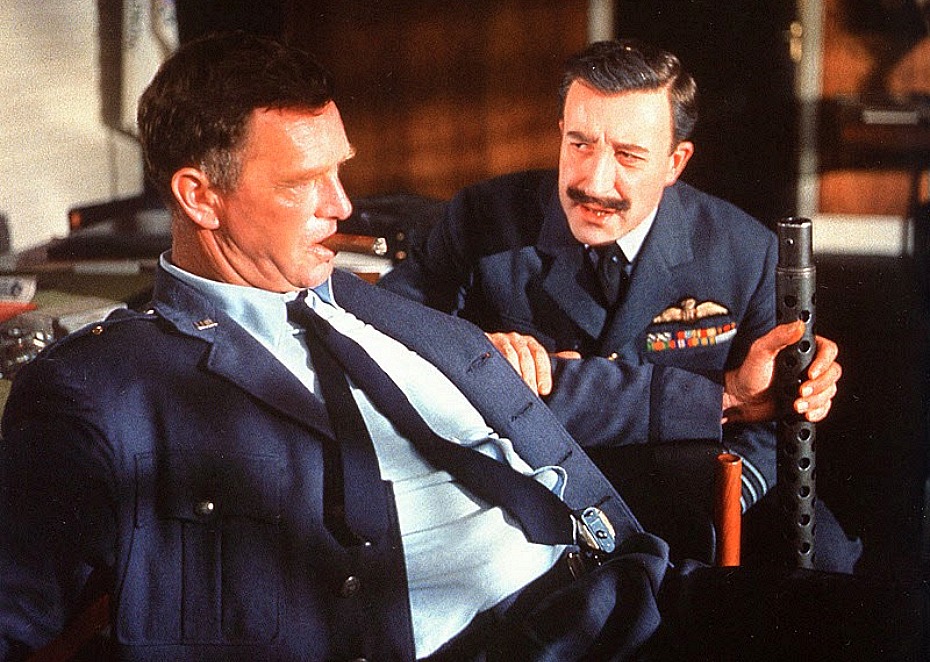

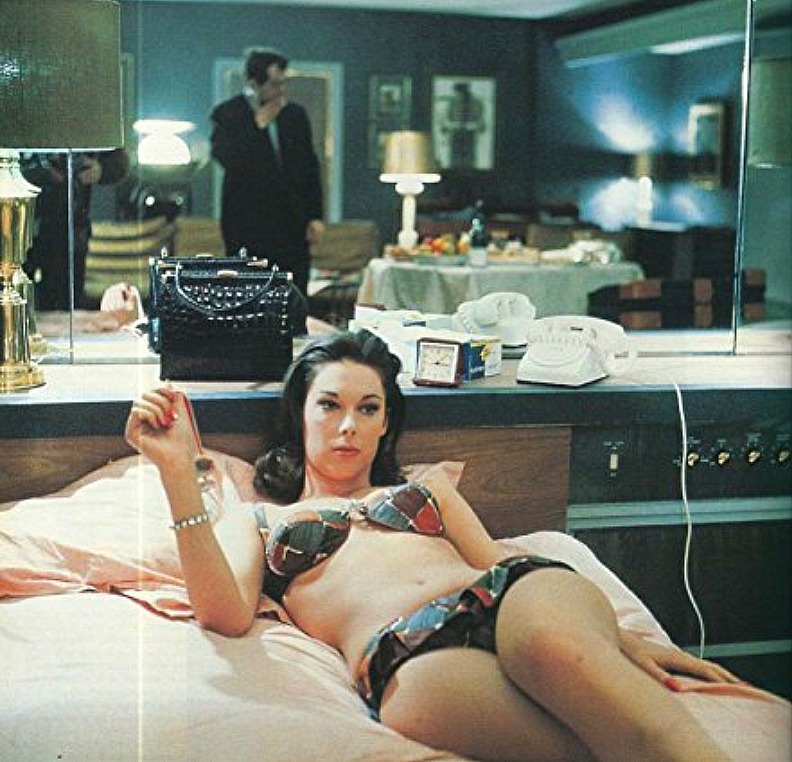

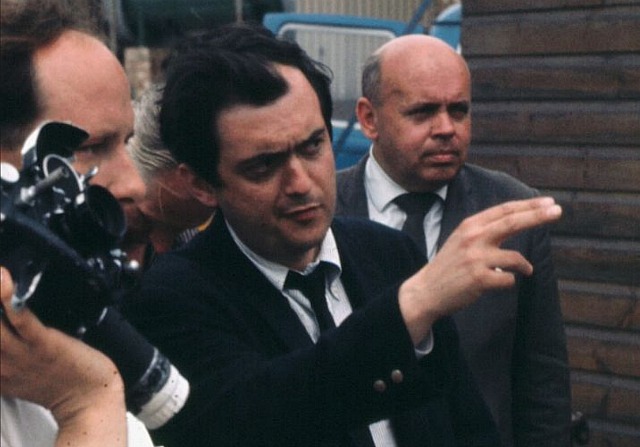
Lily Gladstone‘s Killers of the Flower Moon Best Actress campaign isn’t just founded upon her Native American identity, although that’s obviously the main rallying point. (Gladstone is a distant but direct cousin of British Prime Minister William Ewart Gladstone, who served from 1868 to 1894.)
Now hear this: According to various sources including her Wiki page, Gladstone is non-binary (goes by both she/her and they/them pronouns). So now she’s really got the woke bull by the horns — native American plus non-binary. Imagine the hearts of all those Millennial and Zoonmer Academy and SAG members going pitty-pat upon hearing this news.
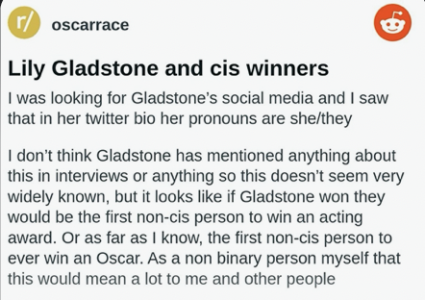
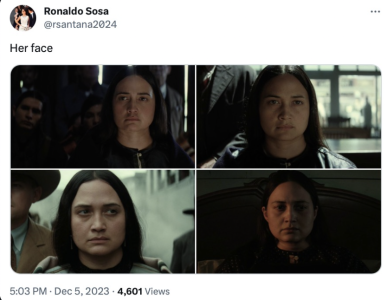
And it’s probably even easier to politely dismiss or shoulder-shrug Yorgos Lanthimos‘ Poor Things (Searchlight, 12.8), which, for the fourteenth or fifteenth time, is a sexual Frankenstein meets Barbie with the same confident and completist feminist imprimatur at the conclusion.
But like Maestro, Poor Things really gains during a second viewing. I can’t wait for viewing #3.
I hate to say this, but credit is due to Everything Everywhere All At Once (a movie that I mostly hate) for expanding the procedural boundaries of what a Best Picture contender can be. The younger Academy members who voted for it basically said “weird, imaginative, ouside-the-norm surreal content is totally approvable in this realm.” So in a sense EEAAO has done Poor Things a favor.
Times Picayune columnist and movie critic Mike Scott:

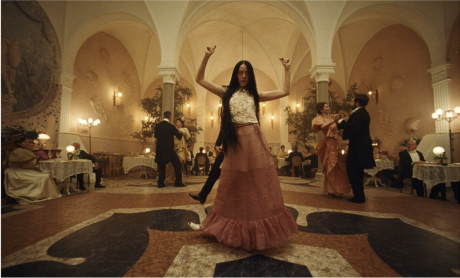


David Poland:

The Critics Choice film nominations will be revealed one week hence — Wednesday, 12.13 at 9 a.m. Pacific.
Many CC members are shameless whores to varying degrees, but if they fail to nominate BlackBerry‘s Glenn Howerton for Best Supporting Actor they will have double-branded themselves as valueless sluts for all eternity.
Do they even know what’s happening out there, or for that matter within themselves?
Do they understand how mesmerizing and shattering the last half-hour of Maestro is? Do they have even a glimmer of a hint at how wonderfully surreal and groundbreaking and resplendently out there Poor Things is?
They wouldn’t dare blow off The Holdovers‘ Da’Vine Joy Randolph for Best Supporting Actress, but has it sunk into their gelatinous membranes how perfectly alive and percolating Paul Giamatti is in that Alexander Payne film?

And that presumption is precisely what a vast majority of Americans are reportedly at odds with…most of them really don’t want Trump or Biden as the principal contenders…they don’t want a repeat of the ’20 race, and yet Joe believes “I have to save this country from that beast by running again…I’m the strongest contender against him.”
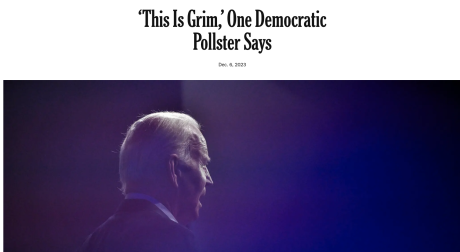

Posted on 11.8.23: A second poll is claiming that Mumbling Joe is polling significantly behind The Beast.
Right now, Biden is polling above where Jimmy Carter was in ’79 but two points below where Trump was in ’20. Even Zoomers and Millennials are siding more with Trump….what the fuck? It’s the age thing, for God’s sake — nobody wants a doddering, slurry-voiced, neck-waddled great grandfather running the show.
If Joe hangs tough and loses to Trump, his name will be mud for generations because he will have set the stage for a tyrannical, sociopathic, anti-Democratic bully boss to reclaim power when all the indications are/were that Joe would lose. Good God, how blind can everyone be?
Given that a generic Democrat is polling ahead of Trump right now, the responsible thing would be for Joe to bail on his re-election bid and let Gavin Newsom step in.
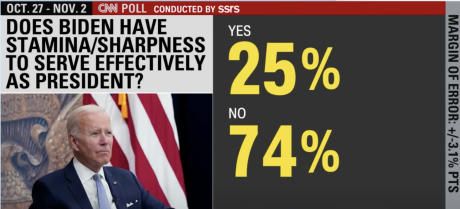
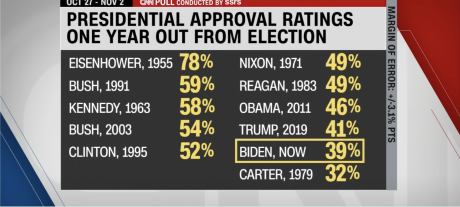
’70s and ’80s sitcom colossus Norman Lear, that liberally attuned conceptualist, creator, producer and satiric savant (All in the Family, Maude, Sanford and Son, One Day at a Time, The Jeffersons) has passed at age 101. Full respect and salutations…no one will ever forget that pork pie hat, and all that churned and geysered under it.
Roughly 21 months ago: “I’d love it if a semblance of All In The Family could return as a present-tense social-issues Hulu series, except Archie could be…well, a bit like myself…sensible liberal older guy, perhaps an editor and founder of an online publication or web business of some kind, grappling with the pressures of HR woke terror in the workplace, clashing with Millennial or Zoomer daughter and BIPOC son-in-law who are living with him while they save for a house.
Basically Hollywood Elsewhere meets Norman Lear except Archie Wells wouldn’t be as smug or under-educated as Carroll O’Connor was…it could write itself.
Filmklassik liked the idea but said she show would have to be different.
“You’ll recall that Rob Reiner’s Meathead, while smug and kind of a freeloader, often made tenable arguments: ‘Race shouldn’t matter, Arch. Black, White — who the hell cares? You gotta treat everyone the SAME.’ But in All In The Family 2.0 (or perhaps AITF HE) — if they wanted to be accurate — the freeloading son-in-law would have to say: ‘Race MATTERS, Arch. It just does. You gotta treat folks differently on the basis of it.”
“Here, Filmklassik added, is how wokesters would describe vintage All In the Family characters if they were to run across them tomorrow: “Archie Bunker? Racist!” “Michael ‘Meathead’ Stivic? Racist!” That’s how fucked-up it’s gotten.
“Won’t Give You Warts,” posted on 6.1.16:
“Tribute documentaries about famous folk tend to be fairly similar, especially if the subjects are still living. They mainly say that the celebrity is a pretty darn wonderful person — modest but brilliant, witty, accomplished as all get out, rich, fascinating, compassionate, loves his/her life, good with kids, pets dogs.
“Rachel Grady and Heidi Ewing‘s Norman Lear: Just Another Version Of You pretty much sticks to this formula.
“I could call it a cut or two above the usual, certainly from a technical standpoint, but Lear, the 93 year-old creator-writer-producer of such legendary ’70s TV series All In the Family, Maude, Sanford and Son, One Day at a Time and The Jeffersons, is never presented as anything but the most happy and wonderful fella.
“Which he may well be for the most part, but c’mon — everyone has known hurt, failure, shame, regrets. Everyone has aspects of their nature they wish they could iron out or refine. Everyone experiences nightmare flashes from time to time. Including the very wealthiest.
Time‘s decision to celebrate Taylor Swift as the Person of the Year is, of course, first and foremost a shallow commercial hustle.
The editors are basicallly saying “superfluousness is not a crime…it’s not so bad and in some ways is pretty great…all hail the island of leave us alone, we’re happy where we are, don’t puncture the bubble of insularity that so many millions of women (mostly younger) want to live inside…that bubble of complacency…that temporary (hopefully eternal!) shelter realm…success, simplicity of mind, in some instances (probably more so than we’d like to admit) the shroud of vapidity.
No offense to Taylor herself — she’s smart, capable, knows what she’s doing. But the Time guys are squeaking mice. There are more things in heaven and earth, guys, than are dreamt of in your marketing philosophy.
AI kingpin Sam Altman would have been an unsexy choice, but what he’s helped to unleash is obviously exerting thousands of times more infuence (and an infuential threat) upon our land, culture and souls than Taylor Swift.
If it has to be someone or something vapid in order to make Time into a bigger cultural thing, I would blend Swift with Barbie and Greta Gerwig and call 2023 The Year of of the Self-Celebrating, Wrapped in Commercial Glory Girly Girls Who Have Little Use For Men and Would Pretty Much Like to Cast Them Aside Except For The Sperm Donation Stuff….Barbie, Taylor, Beyonce…the whole commercial and cultural blitzkrieg of it all.